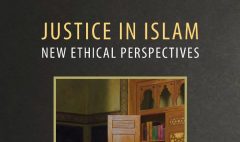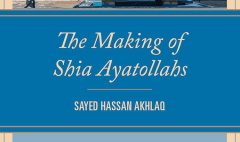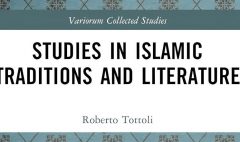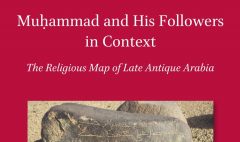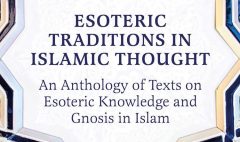PhD Thesis: “Translanguaging and young Muslim children’s negotiations of intersectional Muslim identities in an English reception classroom”
June 4, 2023 2024-01-21 12:53PhD Thesis: “Translanguaging and young Muslim children’s negotiations of intersectional Muslim identities in an English reception classroom”
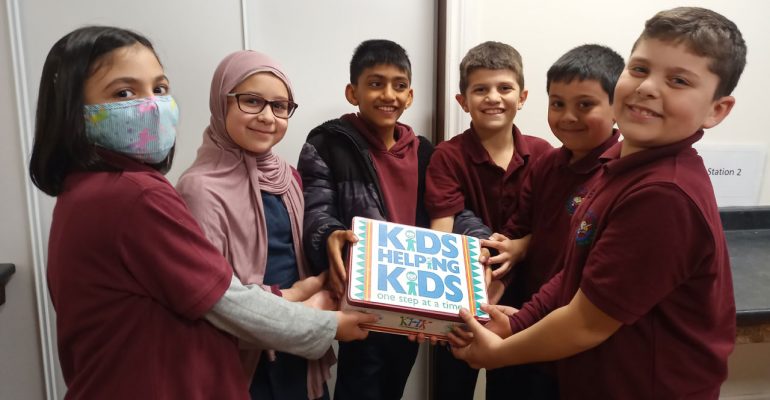
PhD Thesis: “Translanguaging and young Muslim children’s negotiations of intersectional Muslim identities in an English reception classroom”
“Translanguaging and young Muslim children’s negotiations of intersectional Muslim identities in an English reception classroom: A Linguistic Ethnographic study”
Author: Sharifa Khalid Muhanna Al Battashi
University: University College London (UCL)
Date of Award: 2022
Abstract:
Young children’s translanguaging between different languages is underexplored and often examined in relation to questions of learning and teaching. In contrast, this study examines young Muslim children’s translanguaging in a London-based Islamic school. The context is one in which they and their teachers face contradictions about supporting language diversity, and public discourses and policies post 9/11, which regard practices related to Islam, including using Arabic, as suspicious. This study explores the interface of Muslim children’s translanguaging and negotiations of intersectional Muslim identities in the school setting, set within this broader Islamophobic context. Using a linguistic ethnographic approach informed by Bakhtinian heteroglossia, intersectionality and the social studies of childhood, this study examined young reception children’s engagement with translanguaging in formal and informal activities across different spaces. Al Battashi draws on participant observations, informal conversations, and video recorded social interactions. He argues that young children translanguage in complex ways, shaped by institutional practices, broader social-historical discourses and language ideologies, creating dynamic language hierarchies. While Standard English dominated formal pedagogical spaces, Quranic Arabic was valued as the liturgical language of Islam. Similarly, while French was linked to social prestige, Urdu was viewed simultaneously as ethnic pride and a source of racialized mockery. Whereas the use of Somali was considered a source of deficiency and meaning-making for the Somali speaking children. The author identifies the common forms of translanguaging the children used in this setting depending on interlocutors, specific language ideologies and activities across space-time. Together, translanguaging and these factors produce heterogeneous translanguaging spaces. He contends that the children translanguage by using varieties of Arabic and English to imagine and negotiate idealized gendered, racialized and generationed Muslimness. Developing these analyses, The author suggests that translanguaging is simultaneously used to suggest asserted Muslimness and for including or excluding certain children from idealized Muslimness using ‘race’, language and generation. This study contributes to the academic conversations related to translanguaging, multilingualism, inclusions and exclusions in school settings and intersectionality as follows. He advances the complexity of translanguaging as an act of racialization embedded within tension-filled contexts. The author extends the concept of translanguaging spaces, highlighting how translanguaging shapes and is shaped by multiple activities and interlocutors across space-time. Further, He enriches intersectional analysis by offering insights into the complexity of young children’s Muslim identities and how they interlink with different social categories such as ‘race’, gender, language and generation.
Read the full thesis HERE.
Source: EThOS


